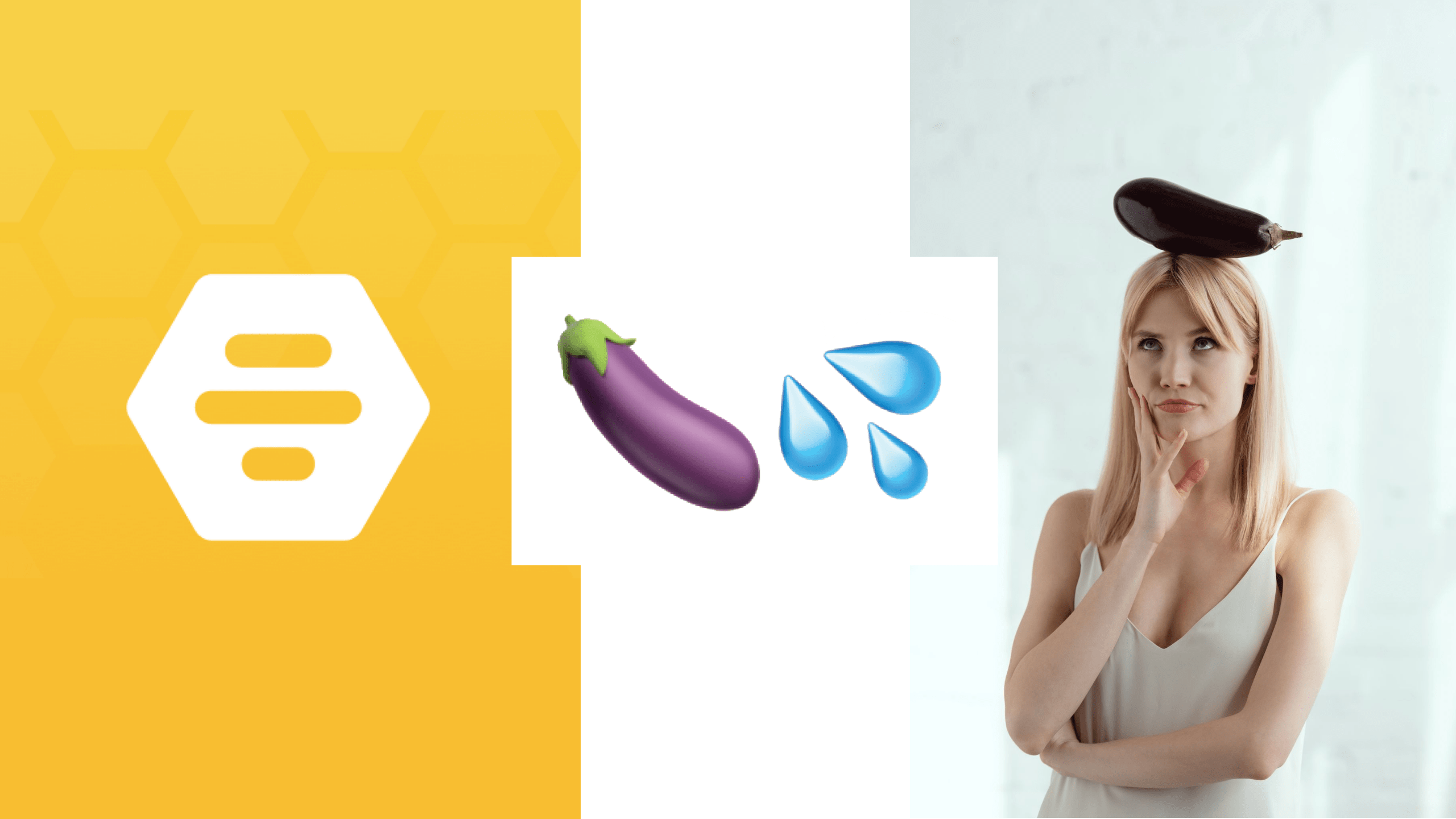Machine learning has been employed by Bumble to shield its consumers from obscene images since 2019. The function, known as Private Detector, examines photos sent by matches to see if they include objectionable material. Although it was primarily made to detect unwanted nude photos, it may also flag bare-chested selfies and pictures of firearms, both of which are prohibited on Bumble. The software will blur the offensive image when a match is made, giving you the option of seeing it, blocking it, or reporting the sender.
Bumble recently stated that it would open-source Private Detector and make the framework accessible on Github. As we collaborate to make the internet a safer place, it is our hope that the functionality will be adopted by the larger tech community, the business said, while simultaneously recognising that it is only one of many companies in the online dating industry.
Many women frequently experience unwanted sexual advances both outside and online. According to a 2016 study, 57% of women believed they had experienced harassment on dating apps. The United Kingdom’s 2020 research, which was conducted more recently, discovered that 76% of females between the ages of 12 and 18 have received unsolicited nude photographs. In addition to dating applications, other apps like Instagram are attempting to address the issue.
